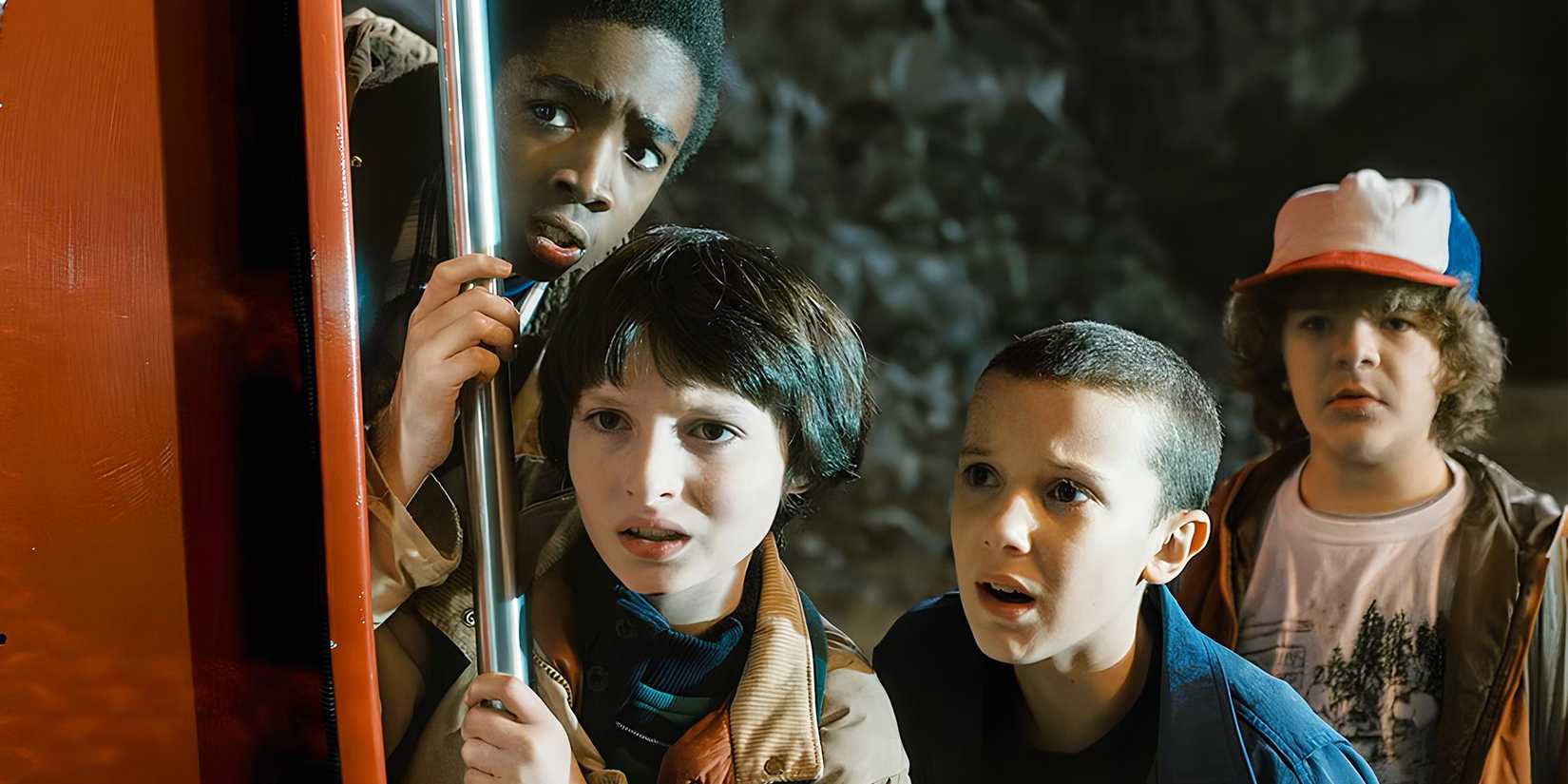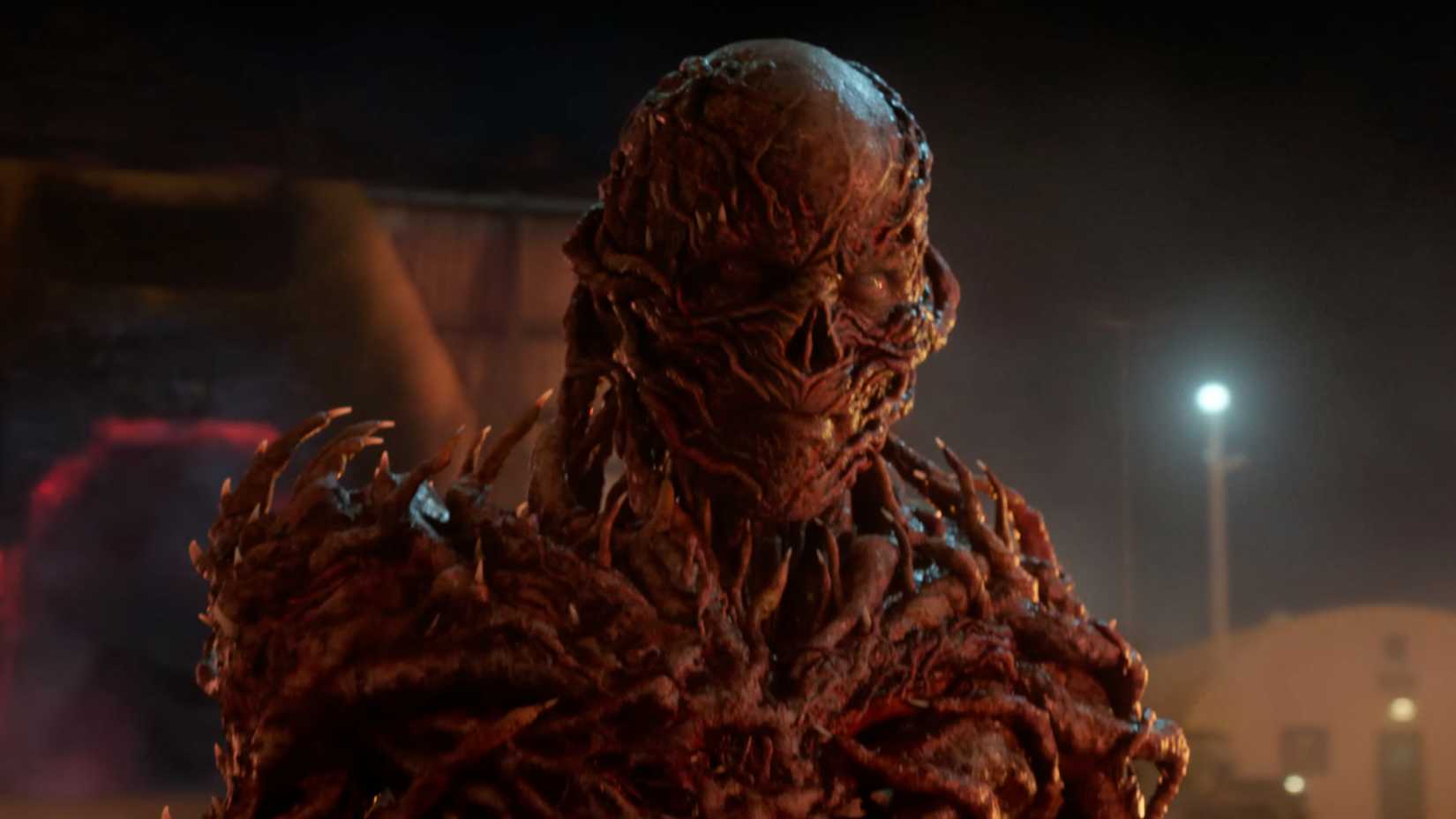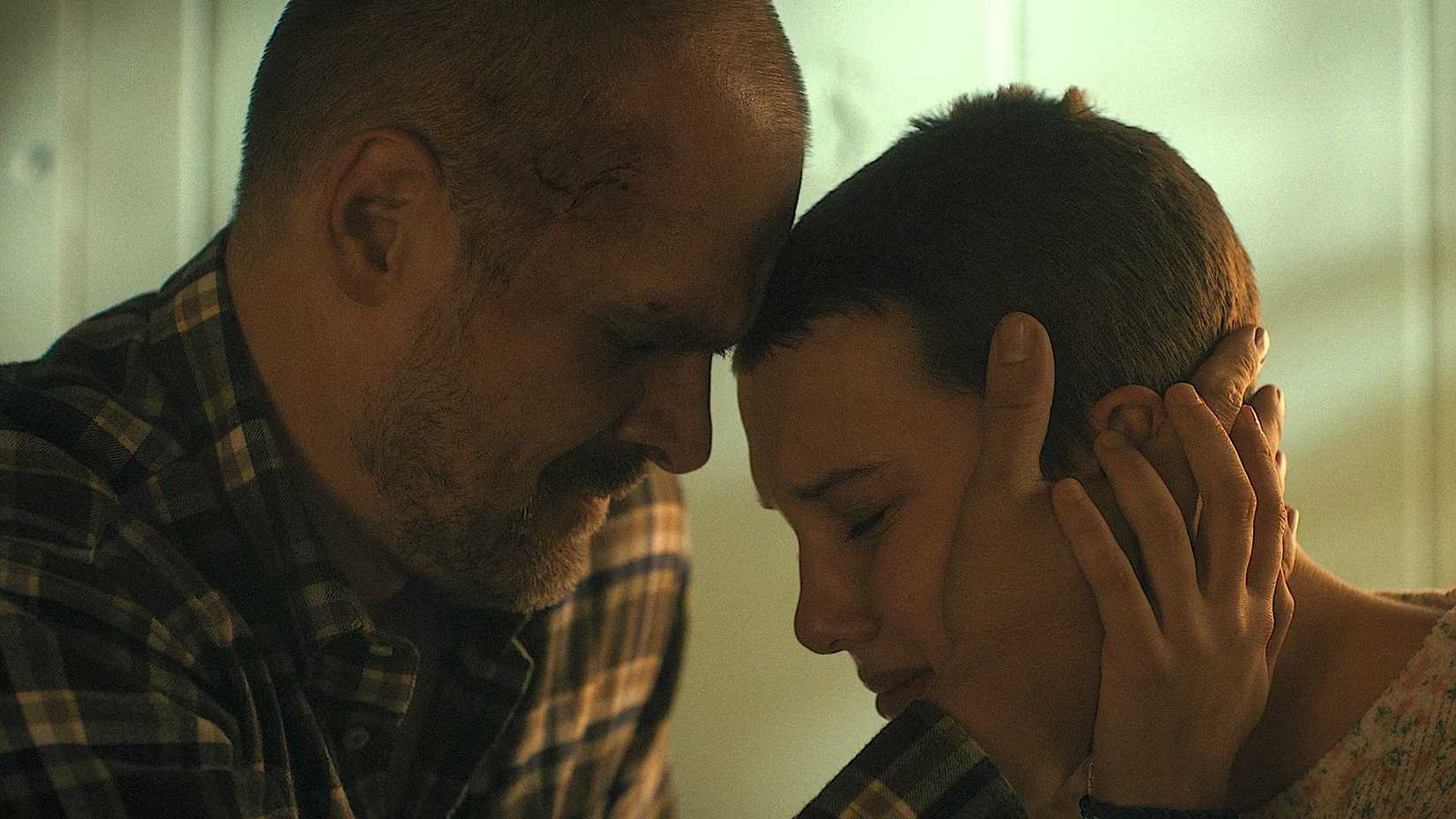
Watching the first episode of Stranger Things again recently, it struck me how much the show’s style shifted after the beginning. With season 5 coming up, I’m one of many fans revisiting the whole series from the start to prepare for the final season.
Although the overall story of Stranger Things is easy to follow, the show’s plot and universe become increasingly intricate with each season. So, before watching the final season, it’s a good idea to revisit the first one to refresh your memory of Eleven, Mike, Dustin, Lucas, and Will’s story.
Each season of Stranger Things has had its strong and weak points, but the first season truly felt special and unique. Originally, the show was planned as a short, self-contained series called Montauk, and it began with the story of a missing boy named Will Byers.
When Will’s family started looking for him, his friends Mike, Dustin, and Lucas found a mysterious girl named Eleven hiding in the woods. This marked the beginning of the show’s incredible story, and watching the first episode, “The Vanishing of Will Byers,” again, one thing stands out immediately.
Stranger Things Season 1 Is Way Slower Than You Remember

Although many people fondly remember the first season of Stranger Things, the show actually starts quite slowly. While it eventually blends horror, science fiction, and coming-of-age themes, the very first episode focuses mainly on character development and feels more like a drama than anything else.
It’s true that the show occasionally leans into familiar genre tropes – like when we first see the Demogorgon, or the government agents chasing Eleven at the diner. But overall, the first season is surprisingly restrained and subtle.
If you watched “The Vanishing of Will Byers” as a single episode, it comes across more like a serious family drama than a classic, adventurous ’80s film. This was a deliberate choice by the show’s creators, the Duffer Brothers, who have said that the film Prisoners, directed by Dennis Villeneuve, greatly inspired the first season.
Looking back, the deliberate pace of that first episode is actually the key to why Stranger Things works so well. It’s easy to get caught up in the show’s later, wilder twists, but that initial, almost mournful tone really anchors everything. Right from the very beginning, with that chilling opening scene, we know this is a story about shadowy labs, secret gateways, and terrifying creatures from another dimension. It establishes the rules of this world beautifully.
Despite its unusual storyline, Stranger Things avoids feeling cheesy or ridiculous thanks to its deliberate, slow speed and serious, subdued mood. Unlike shows like Riverdale or Wayward Pines that were popular at the time, Stranger Things began as a very intense and realistic drama. This approach actually helped the show, giving the characters room to develop and stand out.
The Tone of Stranger Things Grew Lighter and More Fantastical In Seasons 2 and 3

Throughout the show’s run, things got increasingly strange, over-the-top, and comical. Season 3 of Stranger Things marked the peak of this trend, featuring Hopper acting like a buffoon, Eleven and Mike going through an unnecessary breakup, and the kids battling a massive monster using fireworks and a song from The Neverending Story.
Leaving aside the somewhat strange subplot with the Soviets hiding in the mall, the show’s tendency to escalate wasn’t new in season 3. Season 2 had already introduced Murray, a character that fans either love or hate, and it significantly increased the amount of action, with the kids facing multiple Demogorgons instead of just one, like in the first season.
Okay, let’s talk about the latest season of Stranger Things. While the finale was absolutely massive in scale, what I really appreciated was how much tighter the storytelling felt compared to season 3. Remember how that season’s villain just seemed to be racking up victims left and right? This time around, Vecna’s focus on Max felt much more deliberate and, frankly, more impactful. It wasn’t just about body count; it was personal, and that made all the difference.
Stranger Things Season 5’s Huge Scope Means It Can’t Feel Like Season 1

The first season of Stranger Things worked so well because it focused on a small, contained story. However, the show can’t recapture that feeling in its final season. What began as a tight, character-driven mystery has grown too large – with too many characters and storylines to resolve – to return to its original, simpler format.
Even if the final season of Stranger Things quickly eliminates some of its more over-the-top characters to show a more serious tone, the show has already demonstrated how incredibly powerful Vecna and Eleven are. With Hawkins largely destroyed by the end of season four, and trailers suggesting the town will be completely isolated in season five, the stakes are higher than ever.
It’s hard to picture season 5 recapturing the magic of the first episode, which was simple in its story and focused on just a few characters. Still, I’m hoping the final season of Stranger Things will have the same thoughtful details and quality as that original episode, even with a more expansive story.
Read More
- All Golden Ball Locations in Yakuza Kiwami 3 & Dark Ties
- These are the 25 best PlayStation 5 games
- The MCU’s Mandarin Twist, Explained
- Gold Rate Forecast
- A Knight Of The Seven Kingdoms Season 1 Finale Song: ‘Sixteen Tons’ Explained
- Mario Tennis Fever Review: Game, Set, Match
- Movie Games responds to DDS creator’s claims with $1.2M fine, saying they aren’t valid
- Hollywood is using “bounty hunters” to track AI companies misusing IP
- What time is the Single’s Inferno Season 5 reunion on Netflix?
- All Songs in Helluva Boss Season 2 Soundtrack Listed
2025-11-04 23:39